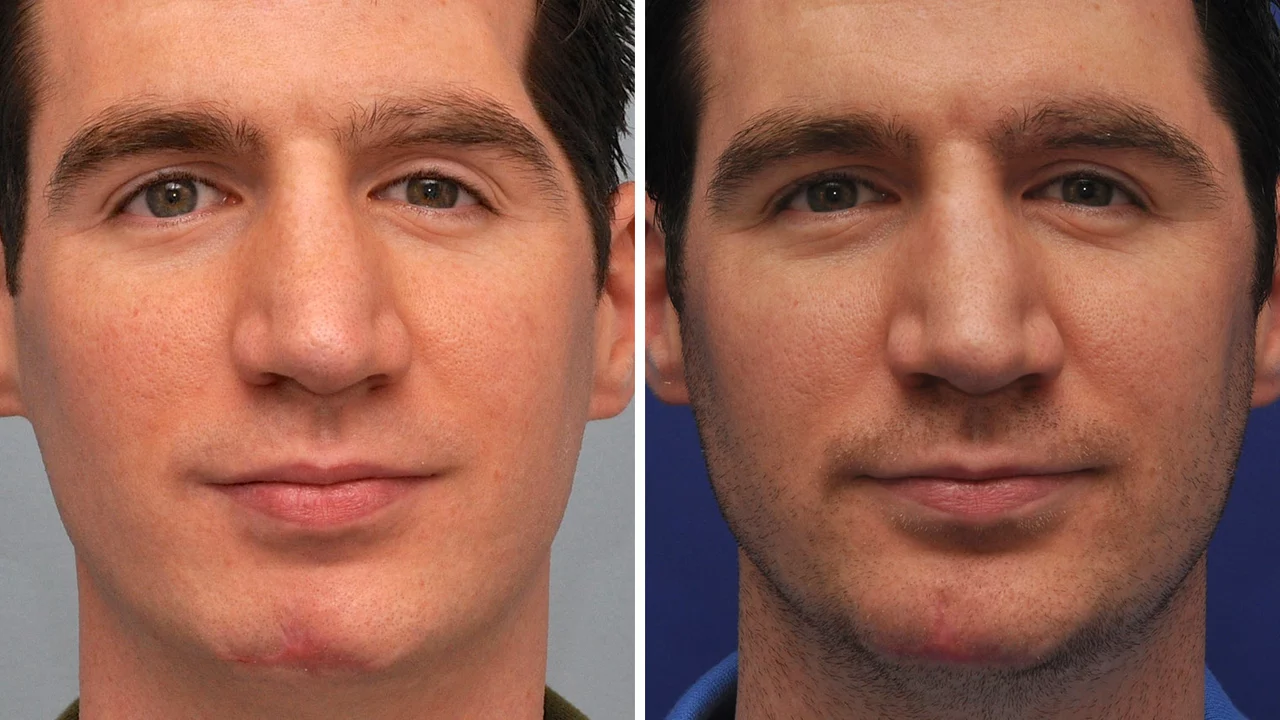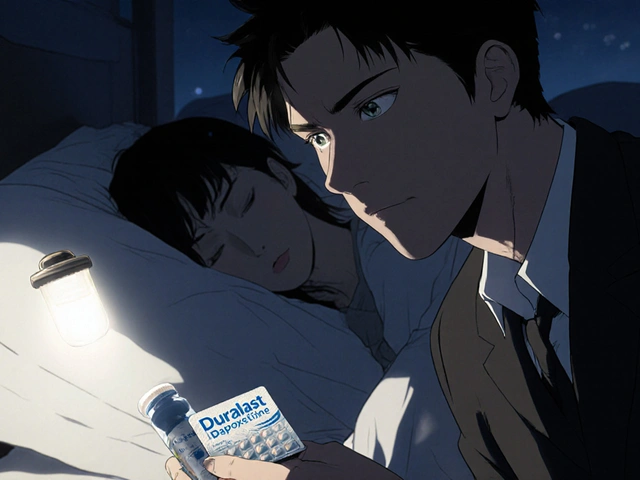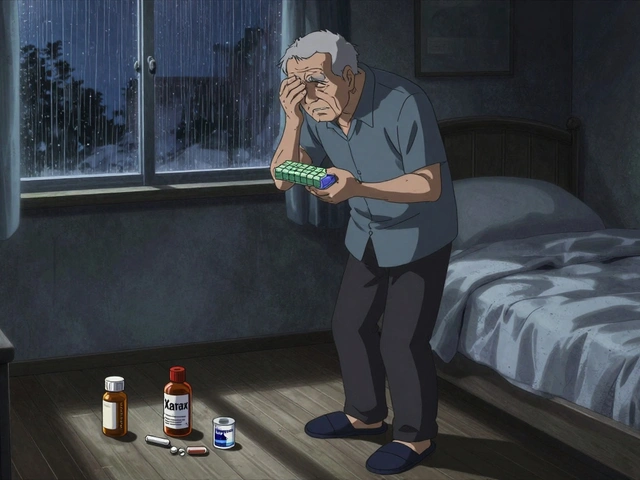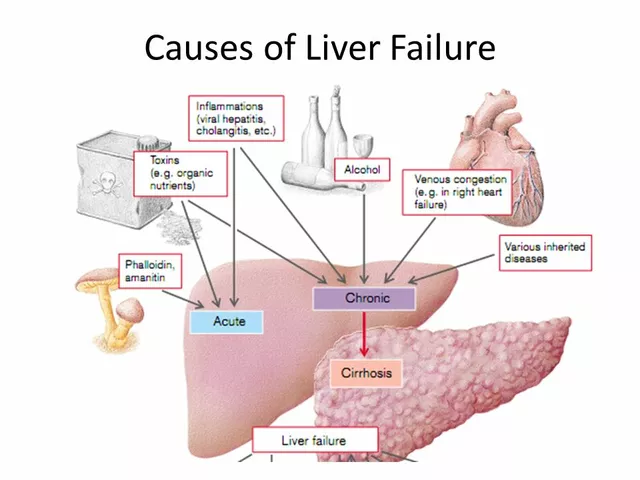Understanding the Healing Process
The first step in caring for scars after cosmetic surgery is understanding the healing process. Every surgical procedure, regardless of its nature, will inevitably result in some level of scarring. This is a normal part of the body's healing process. After a surgery, your body begins to repair the incision site by producing collagen. This collagen production causes a scar to form. However, how these scars heal and appear over time depends on numerous factors, including the type of surgery, the skill of the surgeon, your skin type, your age, and your overall health.
Immediate Post-Surgery Care
Immediately following your cosmetic surgery, the care you give to your incision site can greatly influence the appearance of your scar. It's critical to follow all post-operative instructions provided by your surgeon. Keep the area clean to prevent infection, and avoid disturbing the sutures or staples. If your surgeon has applied a surgical dressing, make sure you change it as directed. Your surgeon may also recommend applying topical treatments to the incision site to promote healing and minimize scarring.
Protect Your Scars from the Sun
One of the most important steps in caring for your scars after cosmetic surgery is protecting them from the sun. Ultraviolet (UV) radiation can darken scars and make them more noticeable. It can also slow down the healing process. Therefore, it is crucial to keep your scars covered and to use a high SPF sunscreen when you are outside. Even on cloudy days, UV rays can still reach your skin and cause damage, so don't skip this step even if it doesn't seem sunny.
Stay Hydrated and Eat a Balanced Diet
Your overall health plays a significant role in how your body heals after surgery. Staying hydrated and eating a balanced diet rich in vitamins and minerals can help your body produce healthy skin cells and collagen. This can improve the appearance of your scars over time. Nutrients particularly beneficial for skin health include Vitamin C, Vitamin E, and protein. Also, staying hydrated helps keep your skin elastic and less prone to scarring.
Physical Activity and Scar Care
While staying active is generally beneficial for your overall health, it's crucial to avoid strenuous activities that could strain your incision site during the initial recovery period. This could potentially widen the scar and impede the healing process. However, once your surgeon gives you the go-ahead, gentle exercises can improve blood circulation, which can aid in the healing process and improve scar appearance.
Massage Your Scars
Another useful technique to care for your scars after cosmetic surgery is scar massage. This involves gently rubbing and manipulating the scar tissue. This can help to break down collagen buildup, improve flexibility, and reduce the appearance of the scar. It's important to wait until your surgical incision has fully healed before starting scar massage. Your surgeon or a physical therapist can provide guidance on how to do this properly.
Consider Professional Scar Treatments
If, after following these tips, you're still not satisfied with the appearance of your scar, there are professional scar treatment options available. These include laser therapy, steroid injections, and surgical scar revision. These treatments can be effective, but they are not without risks and costs. It's important to have a thorough discussion with your cosmetic surgeon or dermatologist to understand what's involved and what results you can expect.






Liz .
1 July 2023 - 18:40 PM
Just a heads up keep that scar out of the sun its like a super glue for dark spots
Slather on SPF 30 or higher even if it’s cloudy
Your skin will thank you later
tom tatomi
2 July 2023 - 16:53 PM
Honestly the SPF hype is a bit overblown you can get by with a simple bandage most of the time
Tom Haymes
3 July 2023 - 17:53 PM
Healing is as much a mental journey as it is a physical one.
When you treat your scar with patience you give your body the space it needs to rebuild.
Nutrition acts like the fuel that powers that reconstruction, so think of your meals as premium gasoline.
Vitamin C, for instance, is a co‑factor that guides collagen into the right shape.
Protein provides the raw materials for new tissue, and hydration keeps those cells flexible.
Gentle massage, performed after the stitches are out, is like a quiet meditation for the skin.
It sends signals that encourage loose fibers to reorganize, smoothing the surface over time.
Light exercise boosts circulation, delivering oxygen and nutrients right where they’re needed.
Sun protection, meanwhile, is the armor that shields this delicate rebuilding process from harmful UV rays.
Without that shield, the scar can become hyperpigmented and stubborn.
If you ever feel tempted to skip a few days of sunscreen, remember that the pigment changes can become permanent.
Professional treatments such as laser therapy are options, but they work best on a foundation of solid daily care.
In other words, the basics are the unsung heroes of any successful scar management plan.
Stay consistent, listen to your body, and adjust the routine as you recover.
The result is not just a less visible scar, but a stronger, more resilient skin overall.
Scott Kohler
4 July 2023 - 18:53 PM
One must marvel at the grand design whereby the very corporations that profit from laser scar revision also fund the studies that proclaim their efficacy, surely a sign of unbiased scientific rigor.
Brittany McGuigan
5 July 2023 - 19:53 PM
Well, as an American we know the truth-these so‑called “studies” are just another way for the elite to keep us dependent on overpriced treatments, and yes the grammar might slip but the point stands.
Priya Vadivel
6 July 2023 - 20:53 PM
It’s truly understandable how overwhelming all these recommendations can feel, especially when you’re recovering from surgery, and I want to reassure you that taking one step at a time-first the sunscreen, then the hydration, then perhaps a gentle massage-can make a noticeable difference, so please be kind to yourself during this process.
Dharmraj Kevat
7 July 2023 - 21:53 PM
Drama aside the scar drama is real and you gotta trust the process
darren coen
8 July 2023 - 22:53 PM
Stay hydrated, it helps.
Lauren DiSabato
9 July 2023 - 23:53 PM
Listen, if you’re not already aware, the scar remodeling phase peaks around the six‑week mark, so any aggressive rubbing before then is basically counterproductive.
Hutchins Harbin
11 July 2023 - 00:53 AM
Actually, the biomechanical stress you apply can trigger fibroblast activity, leading to hypertrophic tissue, so it’s crucial to follow the surgeon’s timeline precisely; otherwise you risk elongating the scar beyond the intended aesthetic.
Benjamin Herod
12 July 2023 - 01:53 AM
Honestly, the whole “just wait it out” mantra is a cop-out for those unwilling to confront the bitter truth that scars are the body’s stubborn reminder that we once tinkered with nature itself.
luemba leonardo brás kali
13 July 2023 - 02:53 AM
According to dermatological guidelines, applying a broad‑spectrum SPF of at least 30 daily reduces melanin hyperpigmentation by up to 70 % in postoperative scars.
Corey McGhie
14 July 2023 - 03:53 AM
Wow, isn’t that just brilliant? Of course we didn’t know that already-thanks for the groundbreaking revelation, now let’s all slather on sunscreen like it’s a life‑saver.
Ajayi samson
15 July 2023 - 04:53 AM
The real issue is that most of these “post‑op care” articles are just marketing fluff, pushing you to buy overpriced creams while the actual science says simple hydration and sun avoidance do the job.
Lief Larson
16 July 2023 - 05:53 AM
True, the cheap stuff works fine just keep it simple and stay consistent